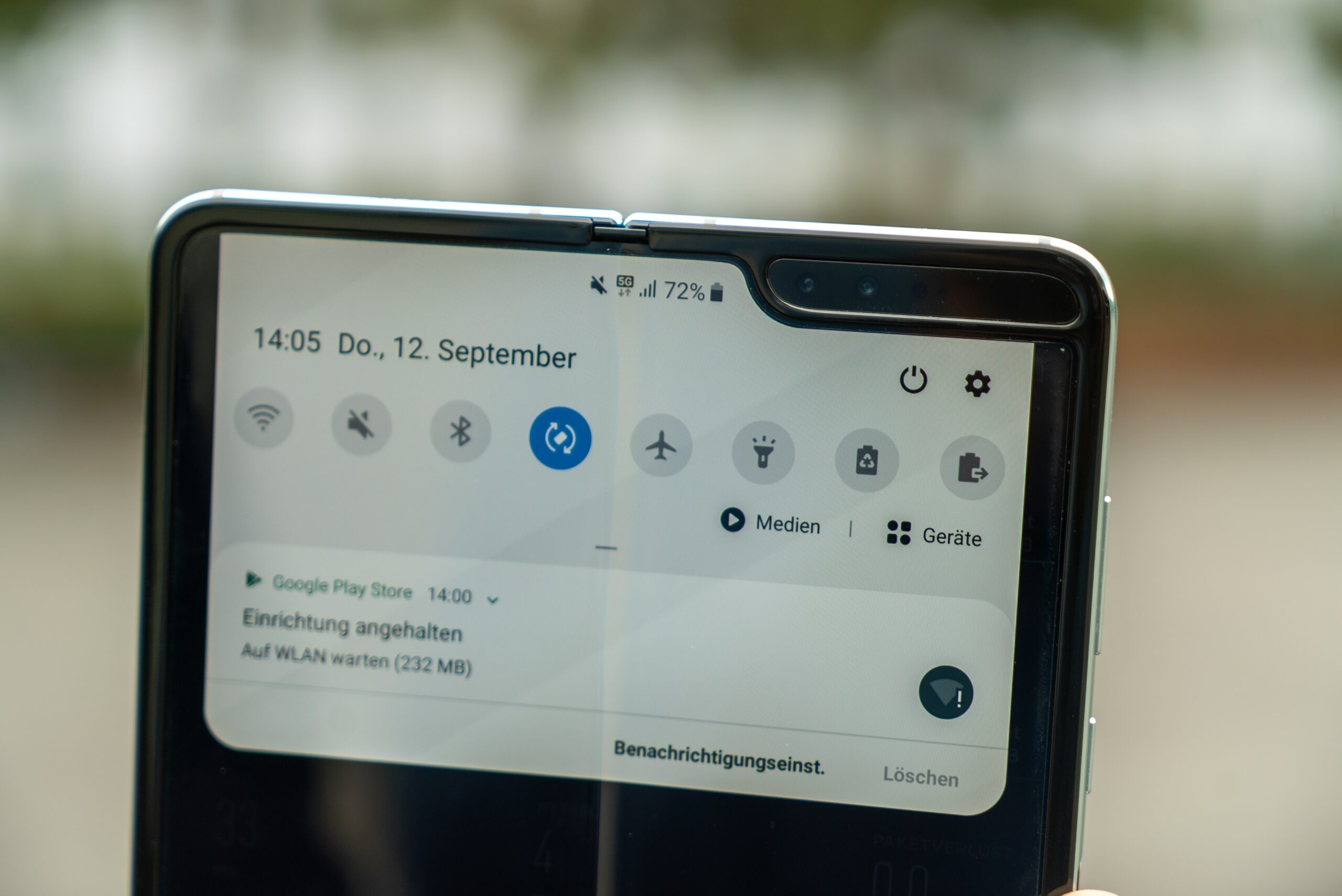The regulations were developed following the Ministerial Policy/Policy Directions and ICASA’s recent engagements with the sector on measures the Authority can implement to: (1) ease the burden of regulatory compliance for the sector during the national state of disaster; and (2) enable the sector to meet increased demand for ICT services during this period.
In order to ease network congestion, maintain good quality of broadband services, and enable licensees to lower cost of access to consumers. In this regard, ICASA has decided to make the following International Mobile Telecommunications (IMT) spectrum bands available for temporary assignment i.e. 700MHz, 800MHz, 2300MHz, 2600MHz and 3500MHz bands. Licensees will be required to submit their applications to the Authority by Thursday, the 9th of April 2020. The bands shall be assigned in accordance with the criteria and conditions stipulated by the Authority.
It is of critical importance to note that the emergency release of this spectrum does not, in any way whatsoever, negate the processes that are currently underway for permanent assignment of spectrum through an auction, the process which the Authority had committed to finalise by the end of 2020; as well as the assignment of spectrum to be set aside for the Wireless Open Access Network (WOAN) due for completion next year.
ICASA Acting Chairperson, Dr Keabetswe Modimoeng
In light of the recent economic developments (particularly the country’s downgrade by ratings agencies) the release of high demand spectrum has become critical as it is one of the key interventions to stimulate economic recovery. The Authority will take all measures necessary to ensure that the permanent licensing process for HDS is expedited. In this regard, the Authority is sensitive to the fact that the emergency release of the spectrum to meet the challenges posed by COVID-19 pandemic, should neither delay nor undermine processes to license the spectrum on a permanent basis. Hence the criteria to be used to release the spectrum for use on an emergency basis shall be fair and non-discriminatory.
We intend to take the necessary care in this regard; and to ensure that there are no irreversible anti-competitive effects for the market. In addition, we really urge licensees to work with us for the benefit of all South Africans in a collaborative effort so that the emergency release of the spectrum can make a meaningful contribution to curb the spread and flatten the curve of the COVID-19 pandemic.
ICASA Acting Chairperson, Dr Keabetswe Modimoeng
On the other hand, ICASA continues to follow debates and pronouncements that purport to link the spread of COVID-19 to the deployment of Fifth Generation (5G) technologies. The Authority wishes to state that the development of standards for International Mobile Telecommunication for 2020 (IMT-2020) and beyond (commercially known as 5G), is currently underway at the International Telecommunication Union (ITU); and that ICASA contributes and participates in these processes.
South Africa adheres to the standards prescribed by both the ITU and the World Health Organisation (WHO), with the former’s focus being primarily for the regulation of radio frequency electromagnetic field emissions. The Authority confirms that type-approved electronic communications facilities provided in the country adhere to the prescribed standards and that there is no evidence that they pose any health risks to the country and/or its citizens.











